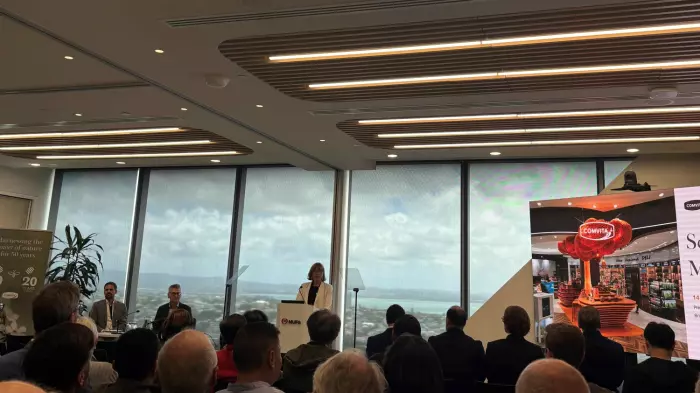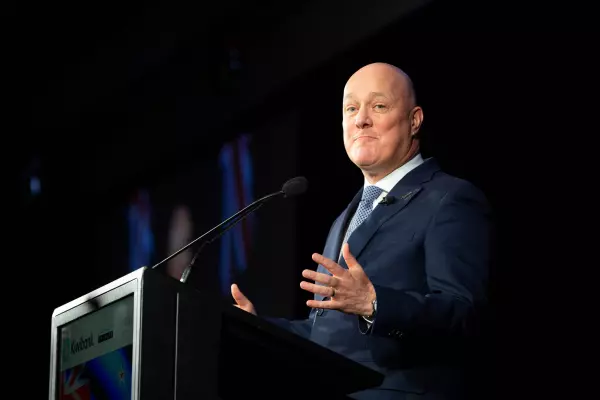There is nothing new with the issuing of expectations that set a low bar for public sector worker wage movement. That is almost a permanent state of affairs.
Nor should there be any surprise public sector workers and their unions have different ideas and are prepared to push back on these expectations.
Key aspects of yesterday’s announcement of the Public Service Commission’s Workforce Policy Statement on employment relations setting expectations for public sector bargaining do not align with the expectations of public sector unions.
Ministers have indicated that they wanted to severely restrict pay rises for workers who are paid more than $60k per annum and to choke off any rises for workers paid more than $100k.
Unions believe there should be scope to improve the wages of all public servants who have served us so well during covid-19 and beyond.
There are some positive aspects of the government’s expectations that we can agree on.
In particular, the focus on improving the remuneration of the low paid, Maori, Asian and Pacific workers is welcome. Already we’ve seen the introduction of the living wage as a floor which was a good step.
Expectations
The expectation from ministers that collective bargaining will further advance the pay for these groups is highly desirable and overdue.
Prioritising pay equity settlements is also an important strategy to close the gender pay gap, and it also aligns with the priorities of public sector unions.
Unions continue to work hard to maximise the opportunity created by the recently amended Equal Pay Act.
Many very significant claims have already been successfully negotiated across the entire public sector, and many more are in train.
Anything less than a continued commitment to ending the gender pay gap and continuing progress with these negotiations would have been unexpected.
There is much more to collective employment agreements than pay rates, and these announcements do contain broader commitments to make the public sector a more attractive place to work.
Negotiations need to include discussions on wider issues that impact the quality of work, including workloads, hours of work, health and safety, and other conditions.
It is important however to keep this workforce policy statement on employment relations expectations for public sector bargaining in perspective. They are simply expectations.
The government has issued these to public sector employers to take into bargaining. As unions, we have our own expectations reflecting the needs of our members that we will also be taking to the bargaining table.
When it comes to pay adjustments, union and employer expectations seldom if ever coincide. In other words, having a gap between us and employers in terms of what we hope to achieve in bargaining is not unusual.
Collective bargaining
What is essential, however, is an understanding that collective bargaining will occur in accordance with the Employment Relations Act and that means there is a legal requirement that bargaining will take place in good faith.
Good faith in bargaining means no party can come to the table with a take it or leave it attitude. Nor can either party simply set in stone the outcome before bargaining takes place.
There is a danger that many people will not fully understand this.
This is especially true for employees who are on individual employment agreements and do not have a union to negotiate on their behalf.
Real bargaining is nearly impossible when a single employee goes it alone against major employers.
In reality, they often have little option but to accept the will of the employer.
Collective bargaining in the public sector will be quite different. As unions, we have plenty of experience of public sector employers coming to the table without much to offer, and yet we manage to get a deal that our members find acceptable.
Collective bargaining usually involves compromise by both parties – arriving at an outcome that isn’t fully aligned with either party’s expectations at the beginning of the process.
Finding out just where settlements land will be a matter of time, and negotiation.
Unions will be unwavering in making sure that their members' voices and needs are heard at the negotiating table.
What is certain is that workers who have joined a union will be in a far better position to push back against any unreasonable expectations than those on individual employment agreements.










